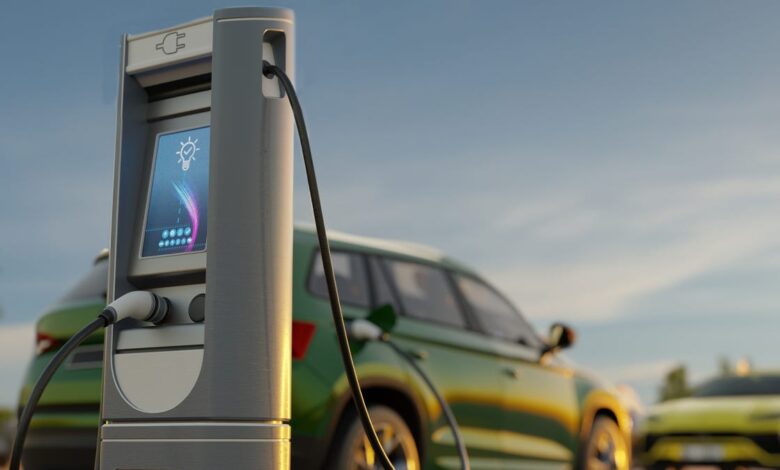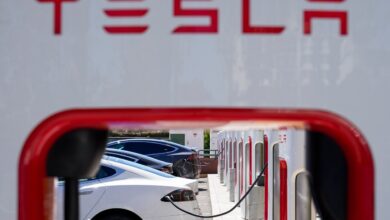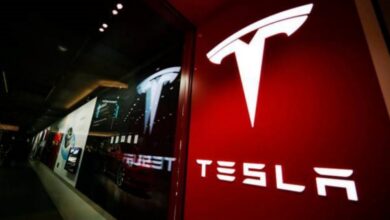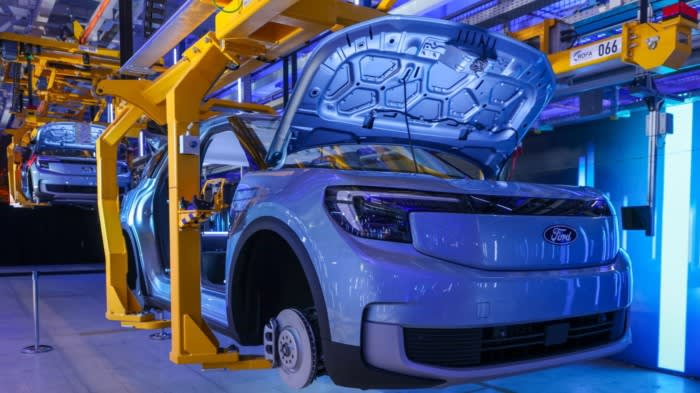How expensive are EVs? Americans still think they cost too much

Electric vehicles are getting more advanced batteries, features, and capabilities all the time. But high prices are still turning off most Americans to the cars, across all levels of income.
Fifty-nine percent of respondents to a new poll of more than 6,200 U.S. adults said high costs are a major reason they haven’t adopted an EV, while another 23% said it was a minor reason. That’s consistent with both common belief and last year’s results from the same question, according to The Associated Press-NORC Center for Public Affairs Research and the Energy Policy Institute at the University of Chicago, which conducted the research.
Although public opinion hasn’t changed, EV prices have. The average electric car cost $44,167 during the first quarter of 2024, a 9% decrease compared to the same time in 2023 and down 3.8% from the October to December 2023 period.
That’s partially thanks to U.S. tax credits on EVs as well as a cost-cutting trend popularized by Tesla, which has slashed prices and offered new incentives throughout the year. After a slow January, Ford Motor Co. introduced new incentives of up to $8,100 on 2023 model year Mustang Mach-E’s, which brought some prices below $40,000 and helped fuel sales.
Consumers are also struck by “range anxiety,” or the fear that they won’t be able to find a public charging station before their car’s battery runs out of juice. About half of U.S. adults cited worries about range as a reason to avoid buying an EV, although several companies are working to install more charging stations across North America.
The U.S. currently has 188,600 public and private charging ports, and 67,900 charging stations, according to the Department of Energy. But the country needs to multiply that by six to reach full electrification by the 2040s.
But in some good news for automakers and the Biden Administration, about two in five Americans say they are at least somewhat likely to make an EV their next car and 81% of current-EV owners are at least somewhat likely to purchase another one. High fuel prices, concerns about the environment, and reduced maintenance costs are major drivers for consumers interested in buying electrified cars, according to the AP-NORC survey.
Americans, the AP-NORC poll found, also largely favor U.S.-made EVs over those made in China, regardless of the price differentials.
Many Chinese automakers — thanks to a combination of cheap manufacturing and state subsidies — are able to sell their cars for dirt-cheap. BYD, for example, sells the Seagull hatchback car for less than $10,000. China is also home to the cheapest electric car in the world, the roughly $1,000 Changli Freeman.
President Joe Biden earlier this month said tariffs on some EV imports will quadruple from 25% to 100% to prevent Chinese automakers from flooding the market with cheap cars. Chinese cars are largely unavailable in the U.S., with the exception of Polestar, a Sweden-based luxury electric vehicle brand that is owned by China’s Geely.



